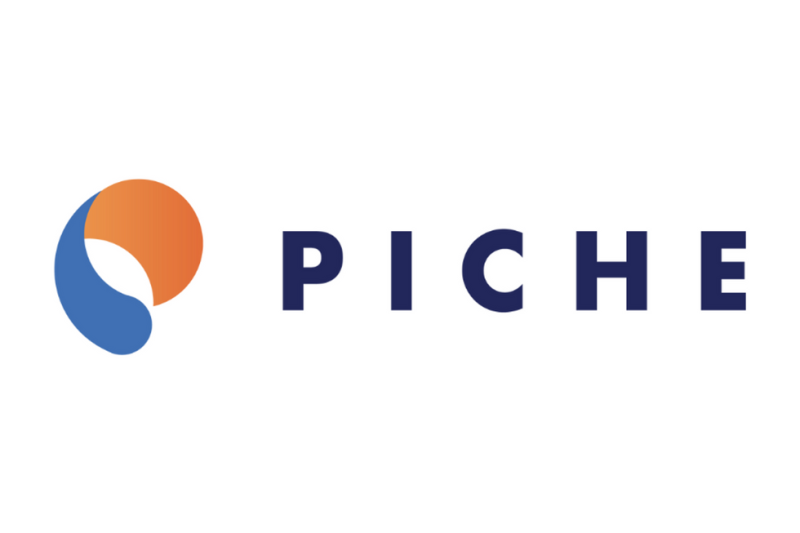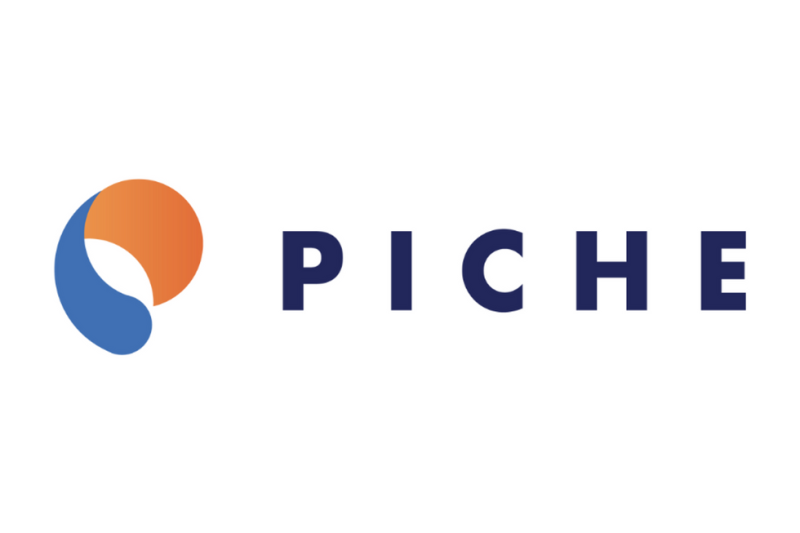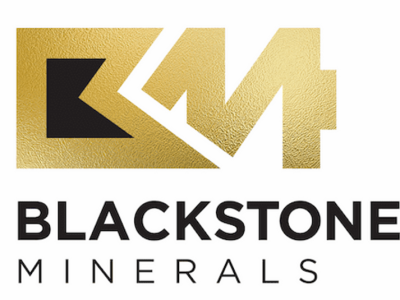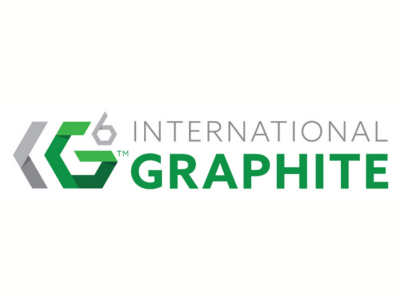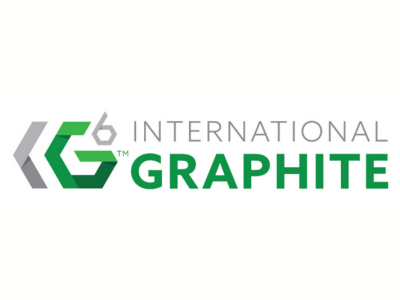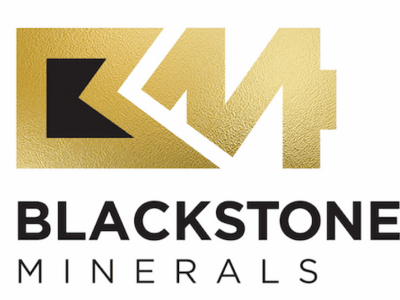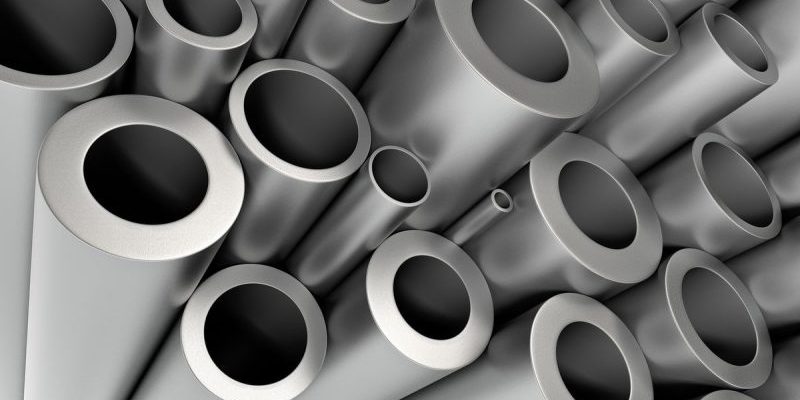
Nickel markets have been underwhelming the past couple of years as an oversupply of the base metal exceeded demand. It was a trend that continued through the last quarter of 2024.
Indonesian supply was the primary force preventing a breakout in the nickel markets. The country continued to be the largest global source, with much of its nickel destined for Chinese-owned refineries in the country.
However, oversupply was also met with weak demand, as China’s economy continued to sputter after the COVID-19 pandemic. The Chinese housing and manufacturing markets are important demand drivers for nickel, which is used in stainless steel products.
Nickel price in Q4
Nickel reached its 2024 peak of US$21,615 per metric ton on May 20, but was back below the US$16,000 mark by the end of July. Following some volatility in August and September, the price of nickel gained momentum at the end of Q3, reaching US$18,221 on October 2.
However, the increased prices were not to last, and nickel spent much of the final quarter in a downward trend.
By the end of October, the price had fallen to US$15,732 before climbing back to US$16,607 on November 7.
Since then, the nickel market has seen some volatility but has continued its downward trend. On December 19, it slumped to its 2024 low of US$15,090. However, it saw some small gains, ending the year at US$15,300 on December 31.
Nickel price, Q4 2024.
Chart via Trading Economics.
Nickel’s weak prices are largely due to high output from Indonesia and low demand, particularly from Asian markets, as China’s recovery has failed to gain traction.
As a result, on December 19, it was reported that Indonesia is considering implementing cuts to mining quotas to boost prices. The move would see the country cut output by nearly half, from 272 million metric tons of ore produced in 2024 to 150 million metric tons in 2025.
Additionally, Indonesia is looking to tighten environmental regulation compliance for miners in the new year and could introduce increased volatility into metals markets, including nickel. The move comes not long after it signed several new agreements in November with Chinese companies that would see billions invested in nickel operations in Indonesia.
Indonesia had previously worked to distance itself from China’s partnerships as it sought to improve relations with the United States and be included under the US Inflation Reduction Act (IRA).
The new agreements emerged shortly after Donald Trump won the US presidential election on November 7. Trump’s return to the Oval Office is unlikely to bode well for Indonesian officials seeking to secure a trade deal with the United States. However, a loosening of rules in the IRA might create new inroads for Indonesian nickel producers.
How did nickel perform for the rest of the year?
Nickel price in Q1
The story since the start of the year has been high output from Indonesian operations.
Low prices saw some nickel producers, including First Quantum Minerals (TSX:FM,OTC Pink:FQVLF) and Australia’s Wyloo Metals, cut production. However, New Caledonia was most affected. The country is more dependent on the nickel sector, with industry giants like Glencore (LSE:GLEN,OTC Pink:GLCNF), Eramet (EPA:ERA) and raw materials trader Trafigura owning significant stakes in nickel producers in the country.
Ultimately, cuts there led to a 200 million euro bailout package from the French government, which exacerbated tensions over New Caledonia’s independence from France. Opponents of the agreement argued it risks the territory’s sovereignty and that the mining companies aren’t contributing enough to bail out the mines, which employ thousands.
Nickel price in Q2
The second quarter was defined by a surge in nickel prices.
Positive momentum began to work its way into the market at the end of Q1, as Indonesia experienced delays in approving mining output quotas and speculation grew that Russian nickel could be sanctioned by the US and UK.
On April 12, news broke that Washington and London had banned US and UK metal exchanges from admitting new aluminum, copper and nickel from Russia. Taking immediate effect, the prohibitions also halted the import of those metals causing the price to soar to a year-to-date high of US$21,615 on May 20.
At the time Joe Mazumdar, editor of Exploration Insights, suggested this move would have little impact on the sector.
Ultimately, by the end of the quarter, the price was trending toward US$17,000.
Nickel price in Q3
Nickel saw a strong end to the third quarter with the price rising above the US$18,000 mark.
Nickel found pricing support in September as the Chinese government introduced a raft of stimulus measures intended to boost economic growth in the country. Among the measures were a 0.5 percent interest rate cut on existing mortgages and a reduction in the downpayment required to purchase a home to 15 percent from 25 percent.
The announcement came alongside cuts at Chinese smelters as they were forced to deal with a shortage in feeder supply due to more delays to Indonesia’s permitting and quota system.
Investor takeaway
The nickel market is expected to remain oversupplied for some time.
With China’s economy on a slow path to recovery, demand will remain weak. Meanwhile, supply will likely hinge on if Indonesia chooses to make significant cuts to supply output.
While demand for nickel in electric vehicle batteries is expected to be up 27 percent year-on-year in 2024, producers have also been looking to alternatives that don’t require as much nickel. Additionally, more consumers are looking to plug-in hybrid vehicles with smaller batteries that require less nickel.
Even with the increased demand from the battery sector, nickel is primarily used in stainless steel products, which are still dominated by the Chinese manufacturing and real estate sectors.
Perhaps the most significant factors to consider are political. A new administration in the United States and a shift in the IRA’s approach to sourcing critical metals like nickel could alter the landscape for nickel producers in 2025.
Securities Disclosure: I, Dean Belder, hold no direct investment interest in any company mentioned in this article.


